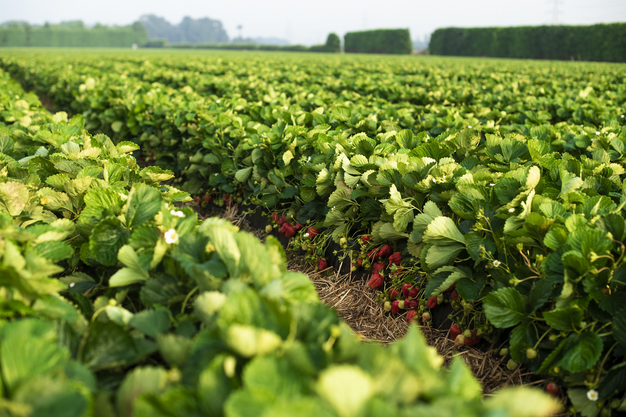Alex Dickson received the Horticulture New Zealand Postgraduate Scholarship for 2024 to investigate returning highly productive land to high-value vegetable and fruit crop production after flooding. She currently works as a Project Manager for LandWISE in Hawke's Bay – managing the Carbon Positive project, which was the subject of her original master's thesis before Cyclone Gabrielle turned her plans upside-down. Alex is working towards a Master of Environmental Management."
Why did you switch to soil recovery as your thesis topic?
"When I started working for LandWISE the plan was to use data collected as part of the Carbon Positive project as the basis of my master's research project. And then the cyclone hit in February last year and as we collected data from impacted areas, I realized I was building a really interesting dataset that I could use for my studies. By focusing on sediment and soil impacts as a result of Cyclone Gabrielle, it allows me to continue the conversation of recovery and resilience with our local farmers and growers, which I think is important.
"From there, I started discussing the idea with Massey University's soil folks: Associate Professor Lucy Burkitt at the School of Agriculture and Environment and Callum Rees Lecturer in Soil Science (Pedology). Callum is my lead supervisor and Soil and Earth Science Lecturer Alan Palmer is involved as well. He's technically retired but helped with a lot of the sampling after the cyclone. So, it's a big change from what I planned to do, but I think an important thing to focus on for the last 18 months since the cyclone. As I have worked through my literature review, I have discovered that there is very little available information on the recovery of elite, versatile soils after a flood like this. The few previous studies of downstream flood impacts have focused on recovery back to pasture, not on high-value horticultural production, so there is a big gap in our knowledge in this area."

How have you gathered data from cyclone affected areas?
"The original baseline data collection was funded by the Ministry for Primary Industries, and subsequent testing has been funded by the Vegetable Research & Innovation Board (VR&I). Sally Anderson (VR&I Coordinator, and personal icon) has been instrumental in securing funding for this ongoing work. Last year we collected data from 116 sites in Hawke's Bay, Gisborne and Northland measuring sediment depth and texture, nutrient fertility, Visual Soil Assessment, bulk density, and earthworm abundance and species. I then revisited ten paired sites this time last year. In autumn we went back to 16 paired sites. So, for ten sites there are three data points, and we extended that to capture more sediment scenarios, as we had the funding to do so. So, it's quite a nice dataset. My next step is to look at the analysis of that and the changes that have happened over the 12-month period."
What are your future ambitions?
"I want to continue to work in the vegetable sector, I love growing veggies, and to do it for a job is really a dream come true. I find the art and science of process vegetable production fascinating, and I really enjoy working with McCain Foods and Kraft Heinz-Wattie's as part of Carbon Positive. I'm quite lucky that I am working in a field where I do get to work in the realm of sustainable production and farm system resilience.
"From studying agriculture at Feilding High School right through to today, my interest has always been in how we feed an increasing global population, sustainably, while our climate is changing around us. Just recently we saw Hurricane Milton devastate parts of Florida, and closer to home some significant flooding in Otago. At the same time, September rainfall was well below normal for many regions of New Zealand. Every time I see these headlines it really reinforces my reason for working in the sector, and my chosen study area.
"I want to continue to work in the vegetable sector, I love growing veggies, and to do it for a job is really a dream come true. I find the art and science of process vegetable production fascinating, and I really enjoy working with McCain Foods and Kraft Heinz-Wattie's as part of Carbon Positive. I'm quite lucky that I am working in a field where I do get to work in the realm of sustainable production and farm system resilience.
"From studying agriculture at Feilding High School right through to today, my interest has always been in how we feed an increasing global population, sustainably, while our climate is changing around us. Just recently we saw Hurricane Milton devastate parts of Florida, and closer to home some significant flooding in Otago. And at the same time, September rainfall was well below normal for many regions of New Zealand. Every time I see these headlines it really reinforces my reason for working in the sector, and my chosen study area.
"I don't know quite what my career will bring, I don't think anyone really does, but I think that is the exciting thing about working in the primary sector; the opportunities are endless."
Source: Horticulture New Zealand
